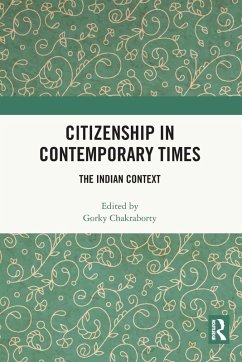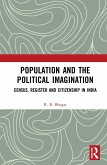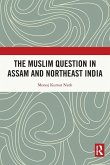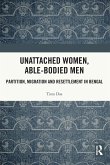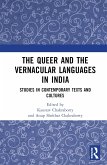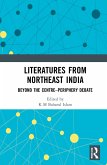This book engages with evolving definitions of borders and citizenship in the public discourse in the South Asia region.
The traditional understanding of citizenship and belonging in the Indian context has been fraying in recent decades. The book offers an analysis of discussions on India's contested zones, the anxieties around identity and the implications of and reactions to the National Register of Citizens and the Citizenship Amendment Act (CAA) in different regions in the country. It interrogates the concepts of belonging, ownership and dissent through an analysis of the anti-CAA protests, the Namasudra movements, the life of Tibetan refugees in India and the precarious lives of many communities in India who are identified as stateless, refugees, migrants or outsiders.
Interdisciplinary and topical, this book will be of interest to students and researchers of sociology, political science, law, refugee studies, borderland studies, migration studies, publicpolicy, social policy and development studies.
The traditional understanding of citizenship and belonging in the Indian context has been fraying in recent decades. The book offers an analysis of discussions on India's contested zones, the anxieties around identity and the implications of and reactions to the National Register of Citizens and the Citizenship Amendment Act (CAA) in different regions in the country. It interrogates the concepts of belonging, ownership and dissent through an analysis of the anti-CAA protests, the Namasudra movements, the life of Tibetan refugees in India and the precarious lives of many communities in India who are identified as stateless, refugees, migrants or outsiders.
Interdisciplinary and topical, this book will be of interest to students and researchers of sociology, political science, law, refugee studies, borderland studies, migration studies, publicpolicy, social policy and development studies.

